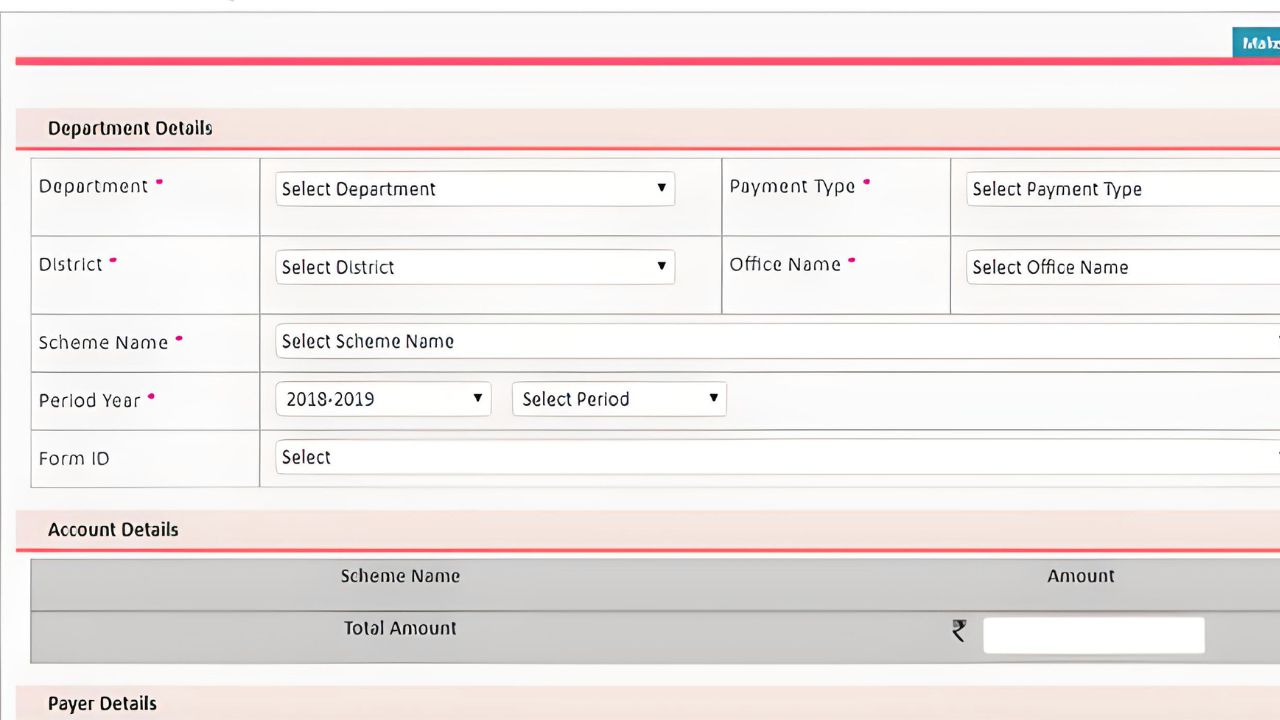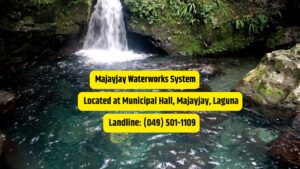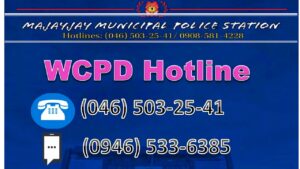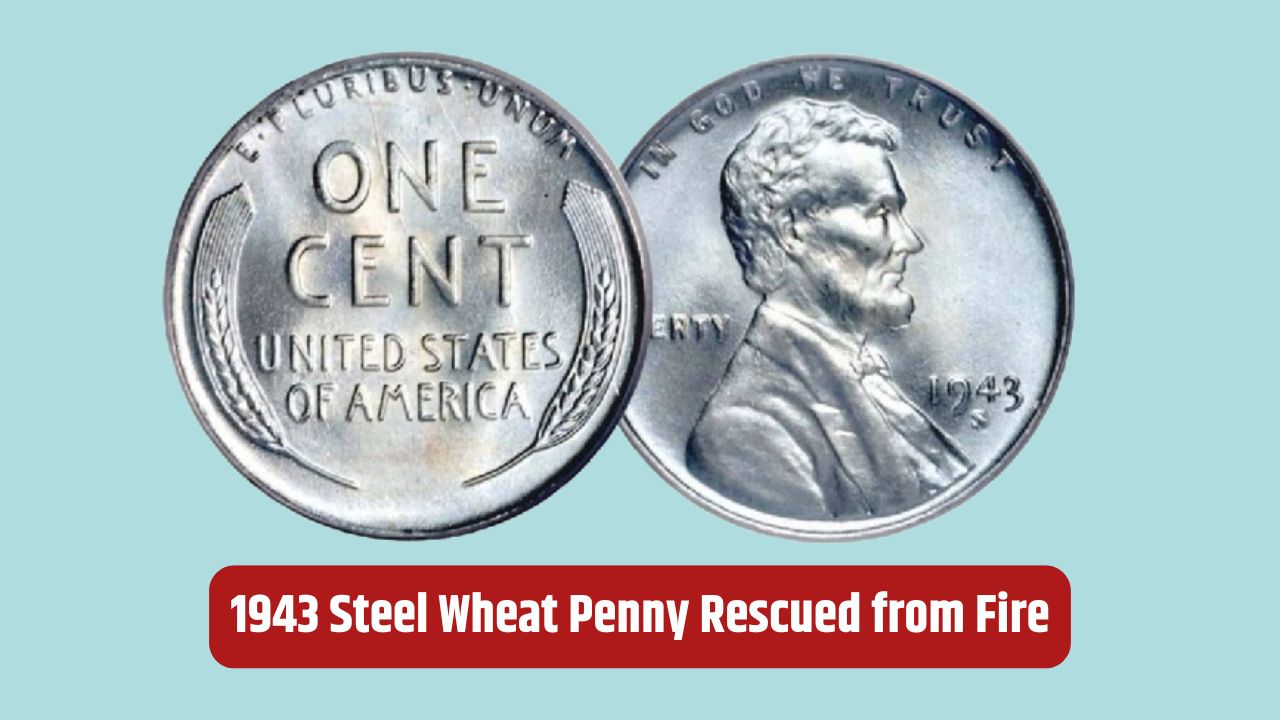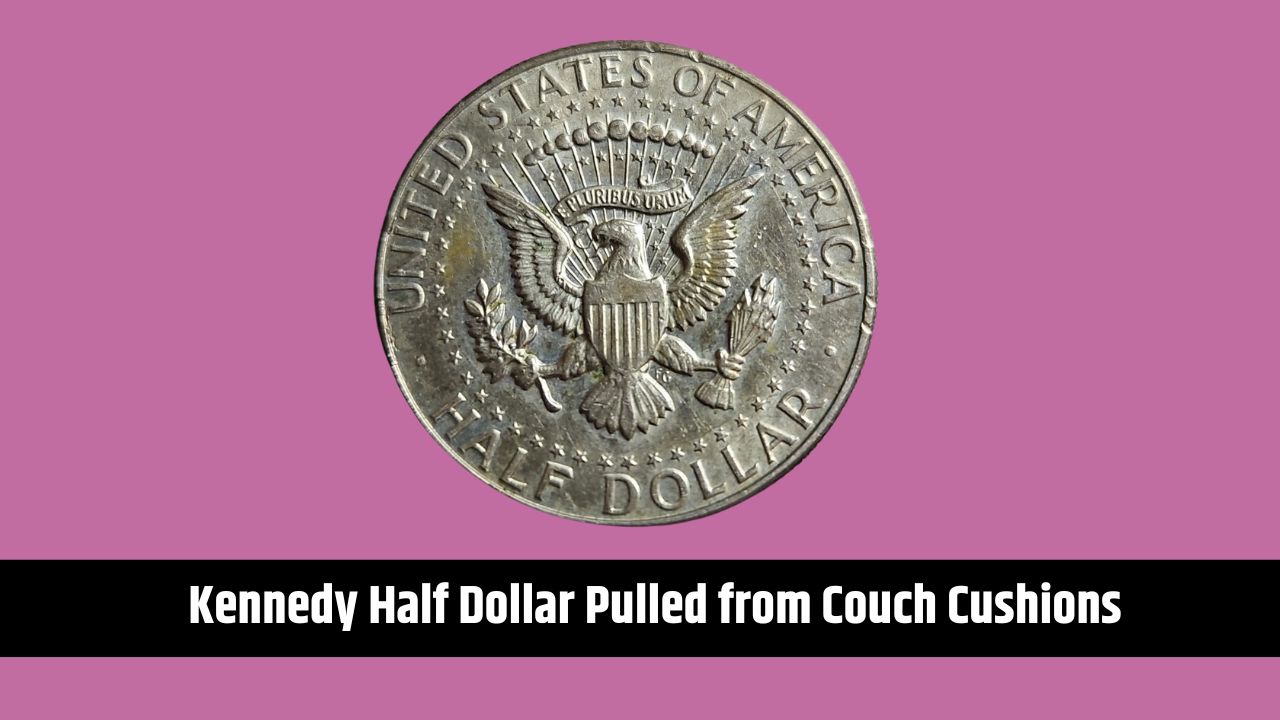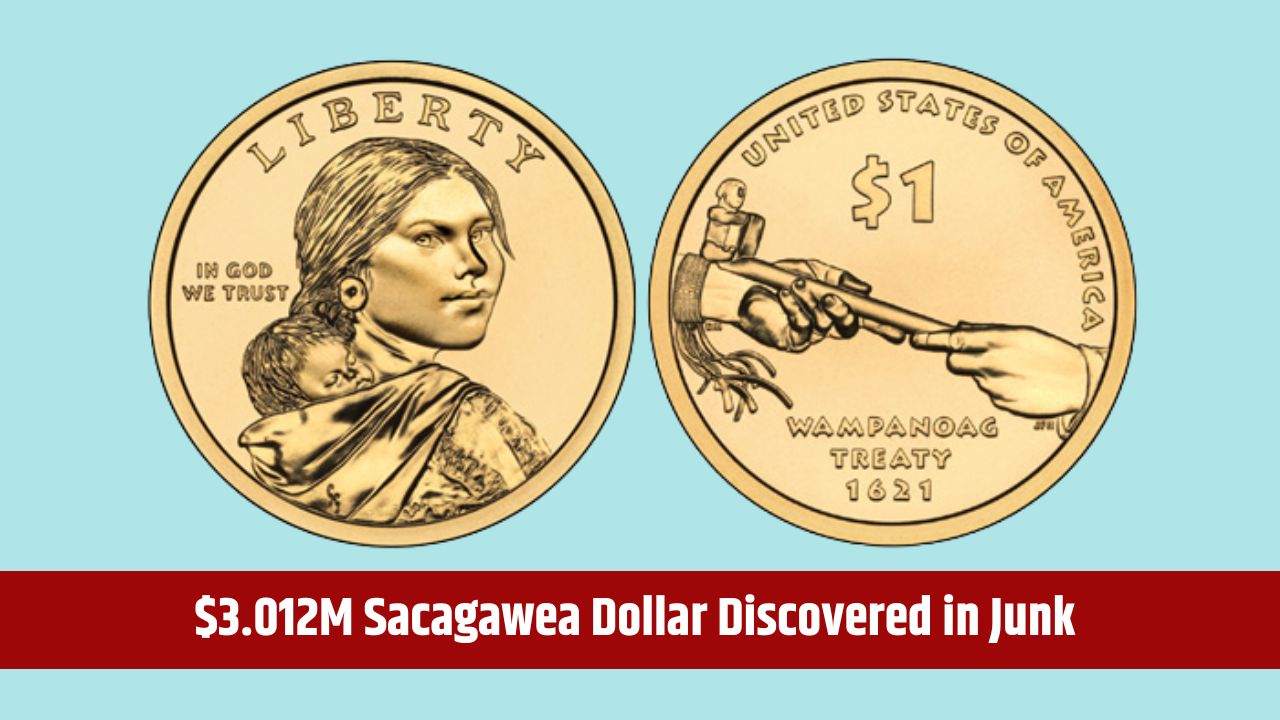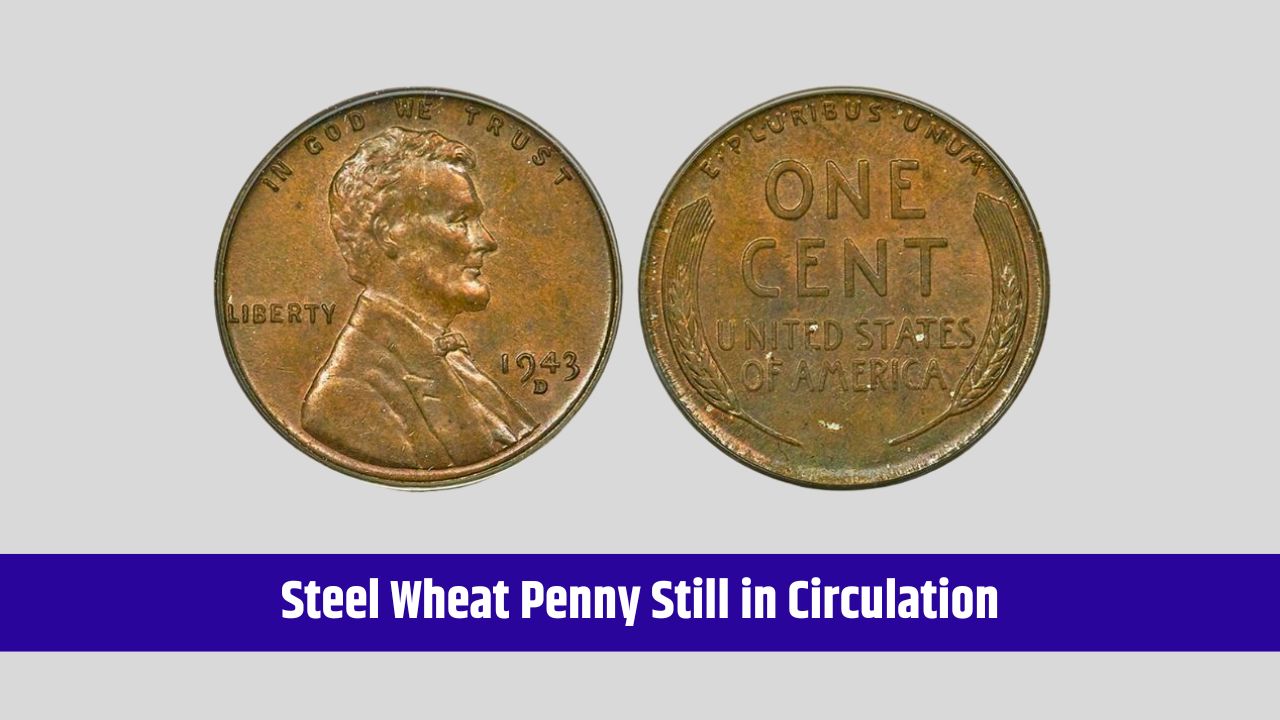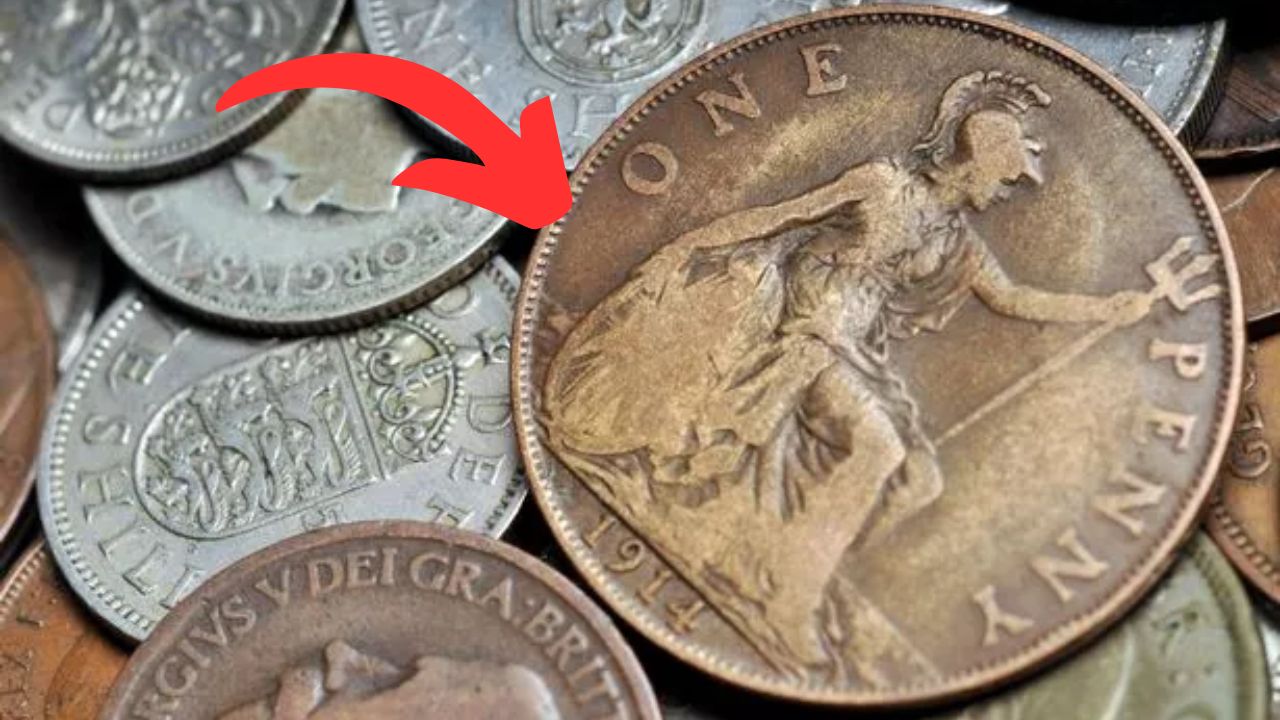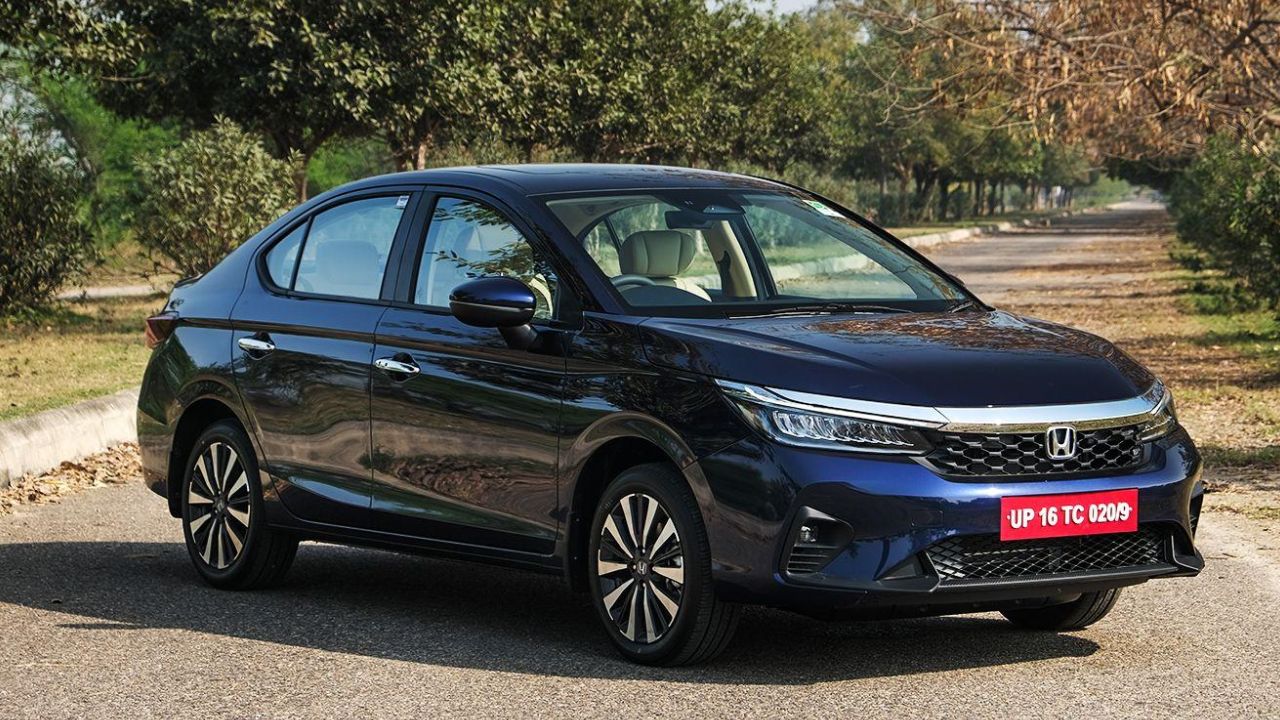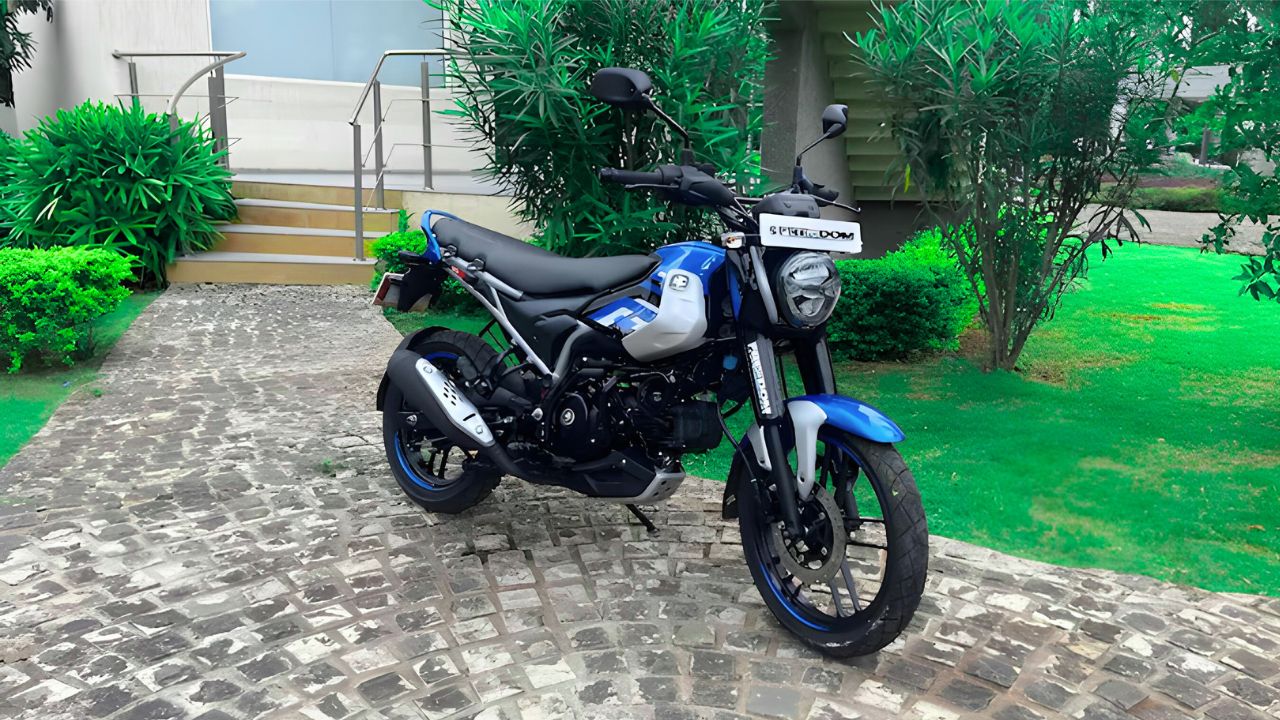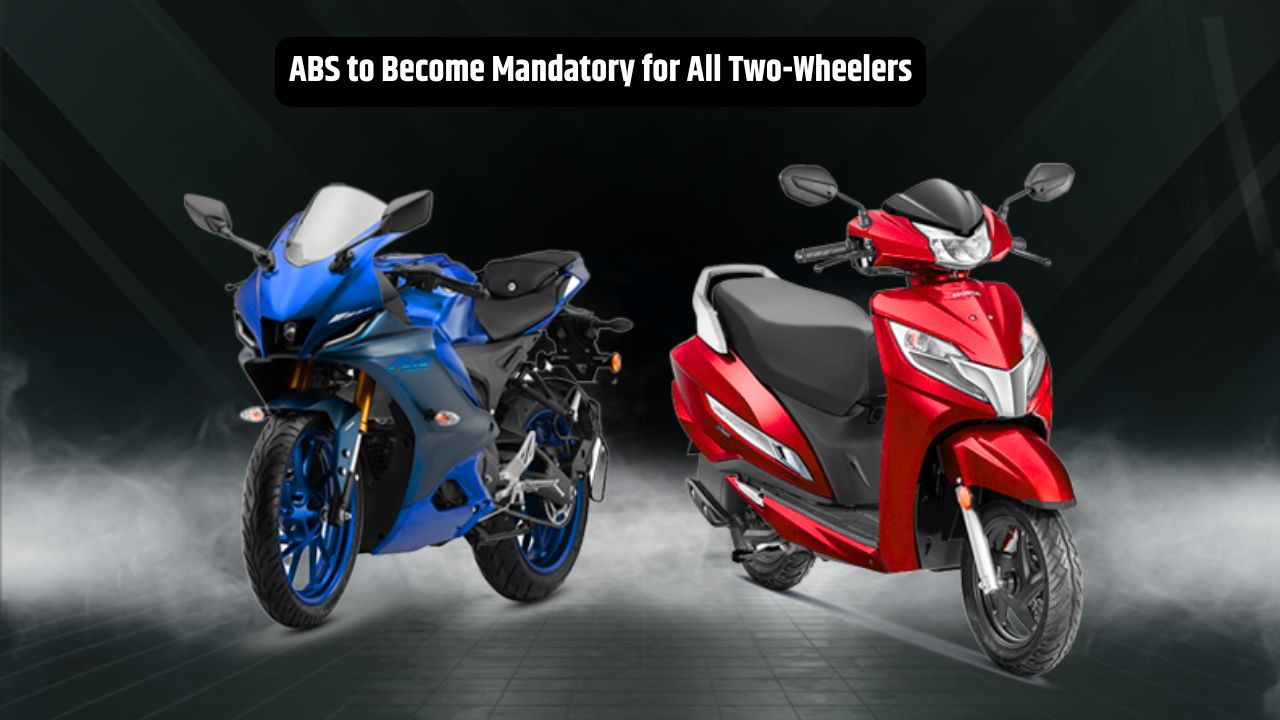Let’s get real. Most people don’t exactly wake up excited to pay taxes, right? Especially in small towns like Majayjay, where things can feel a bit slower, and asking about taxes might get you that dreaded “Balik ka bukas” answer. But here’s the truth: understanding and paying your local taxes doesn’t have to be a stressful chore.
In fact, once you know how it works, the whole thing can be surprisingly simple — even satisfying, in a weirdly grown-up kind of way. So if you live in Majayjay, or you own property there, or run a small business in town, this guide’s for you.
Let’s break it down in plain language.
Why Paying Local Taxes Actually Matters
It’s not just about avoiding penalties. Paying local taxes is part of being a responsible member of your community. Think about it. The local health center? The road your tricycle passes through? The public school your niece attends? Those things don’t magically appear. Taxes pay for them.
In a place like Majayjay, where almost everyone knows each other, your contribution is seen — even if it’s quiet. And when everyone does their part, the town thrives. Simple as that.
The Local Taxes You Might Be Required to Pay
Different people pay different kinds of taxes, depending on what they own or do. Here’s a rundown of the common ones you’re likely to encounter in Majayjay:
1. Real Property Tax (RPT)
If you own land, a house, or any kind of real estate in Majayjay, this one’s for you. It’s paid once a year and is usually due from January to March. The earlier you pay, the better — you can get a discount if you settle before the deadline. If you miss it? Expect to pay interest or penalties.
2. Business Tax
If you own a sari-sari store, a carinderia, a computer shop, or any kind of local business, you’ll need to pay business taxes. These are based on your gross income from the previous year. Business permits are renewed every January, and missing that deadline can mean fines or delays.
3. Community Tax Certificate (Cedula)
Even if you don’t run a business or own land, you’ll likely need a cedula. This is required for all sorts of things — from applying for permits to getting IDs. It’s cheap and easy to get, and you only need to renew it once a year.
4. Other Local Fees and Permits
These can vary a lot. If you operate a tricycle, rent a stall in the market, or build anything on your property, there are usually additional fees or permits involved. Always check with your barangay or the Municipal Hall if you’re unsure.
How to Pay Your Local Taxes in Majayjay: A Step-by-Step Guide
So now that you know what you’re supposed to pay, let’s get into the how. Here’s what the process typically looks like, especially if you’re doing it yourself and not sending someone else in your place.
Step 1: Figure Out What You Need to Pay
Start by figuring out what taxes apply to you. Do you own land? Run a business? Miss a payment last year? The best way to be sure is to ask your barangay officials or call the Majayjay Municipal Treasurer’s Office directly. They’ll tell you what records they have and what you owe.
Step 2: Prepare Your Documents
Don’t even think about heading to the Municipal Hall without your papers in order. Depending on what you’re paying for, you may need:
- A valid ID
- Your last official receipt and tax declaration (for property tax)
- Business permit or proof of business income
- Cedula from the previous year
- Barangay clearance (especially for business renewals)
Photocopy everything — it’s better to have extras than to get sent out to find a copier in the middle of the day.
Step 3: Go Early, Go Prepared
Head to the Municipal Hall early in the morning. The lines are shorter, the air is cooler, and the staff are usually in better moods. You’ll likely visit the Assessor’s Office first (to check your tax records), then the Treasurer’s Office (to settle the payment), and maybe the Business Permits and Licensing Office if you’re renewing a business.
Step 4: Pay and Keep Your Receipts
After getting your total due, you’ll be directed to the cashier for payment. This is where many people relax — but don’t toss that receipt into your bag and forget it. File it properly. You’ll need it next year, or if you ever sell the property, or if there’s ever a dispute.
Step 5: That’s It. You’re Done.
Celebrate responsibly. A bowl of pancit from the local eatery is always a good idea.
Helpful Reminders and Tips
Here are some extra things to keep in mind — stuff I’ve learned from doing this process more than a few times.
- The guards and front desk staff can be very helpful. Don’t be afraid to ask for directions.
- Bring your own pen, because nobody likes passing around the same sticky one at the counter.
- Keep small bills and coins for photocopying or unexpected small fees.
- Avoid the January rush. If possible, go in February or early March. You’ll thank yourself.
Important Dates to Keep in Mind
- Real Property Tax: Due by March 31
- Business Permit Renewal: Due by January 20
- Cedula: Best processed early in the year, before permit season
- Barangay Clearance: Usually required before business renewal
Missing any of these dates could mean extra charges, processing delays, or worse — legal issues.
What If You Miss a Payment?
It happens. Maybe you forgot. Maybe life got in the way. The best thing to do is go to the Treasurer’s Office as soon as you can. They’ll compute the penalties and give you a new total. The longer you wait, the bigger the cost — so don’t delay if you can help it.
If you’re abroad, you can authorize a trusted relative to pay on your behalf. Just give them an authorization letter and a copy of your valid ID.
Online payments? Not yet. As of now, Majayjay doesn’t offer digital payments for local taxes. You’ll have to do it in person — or send someone who can.
FAQs:
Where do I pay my local taxes in Majayjay?
At the Municipal Hall of Majayjay, usually at the Treasurer’s Office. Specific offices like the Assessor’s or BPLO may also be involved depending on what you’re paying for.
When are local taxes due?
Real Property Tax: Deadline is March 31 each year.
Business Permit Renewal: Due every January 20.
Cedula (Community Tax Certificate): Usually issued between January to March.
What documents do I need?
You may need:
Valid ID
Last year’s official receipts
Tax Declaration (for property)
Cedula
Business permit or proof of income
Barangay clearance

